How Local Law 97 May Affect NYC Buyers And The Homebuying Process
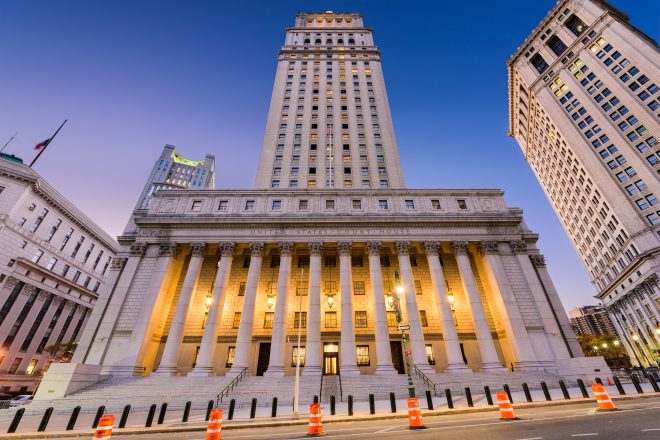
New rules around energy efficiency are hitting New York City’s largest buildings, and they’re bound to throw a wrench in the plans of homebuyers, landlords, and developers. Local Law 97, known as NYC’s Green New Deal, is putting new limits on the greenhouse gases that large buildings are allowed to emit. Whether old or new, if a building is over 25,000 square feet, it will need to follow Local Law 97.
For decades, greenhouse gases have gone unchecked, but now they’re front and center in the city government’s plan to go carbon neutral by the year 2050. Co-op and condo boards will have to face the music through energy audits (and likely a lot of spending) in order to make sure they’re in compliance with the new law.
Let’s dig into the details, pros, and cons of Local Law 97 to see the impact it will have on NYC buyers and the homebuying process.
What is Local Law 97?
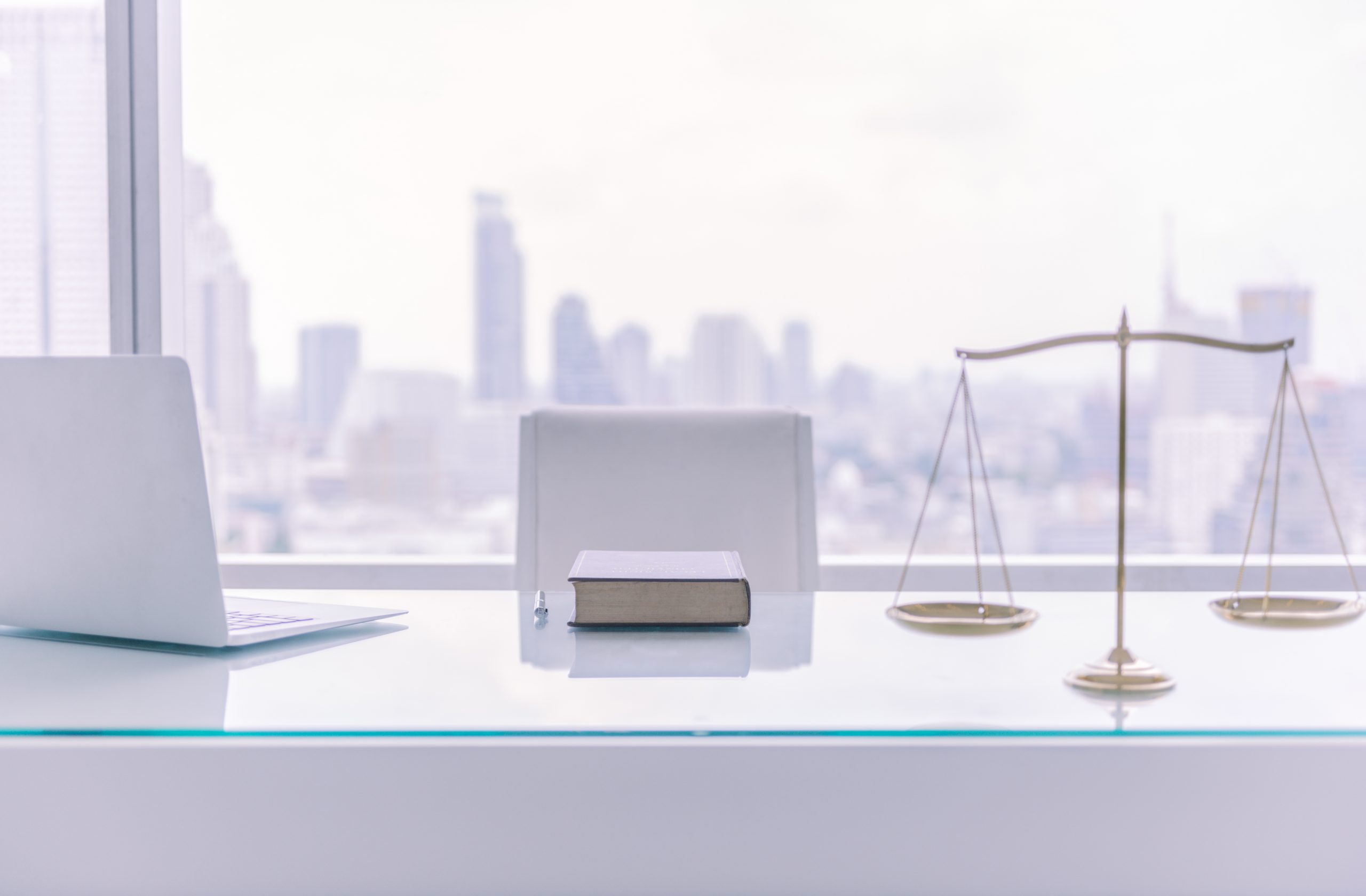
Two-thirds of New York City’s greenhouse gas emissions come from its buildings. In order to reduce them, the local government and city council launched Local Law 97. This law provides new requirements around energy efficiency that most buildings over 25,000 square feet are newly required to adhere to.
The new rules go into effect in 2024, and will become even stricter in 2030. The goal is to reduce 40% of the emissions put off by the city’s largest buildings by 2030 — and reduce by 80% in 2050. Ultimately, the law is part of the new Climate Mobilization Act that aims to make New York City carbon neutral by 2050.
Who Is Most Impacted?
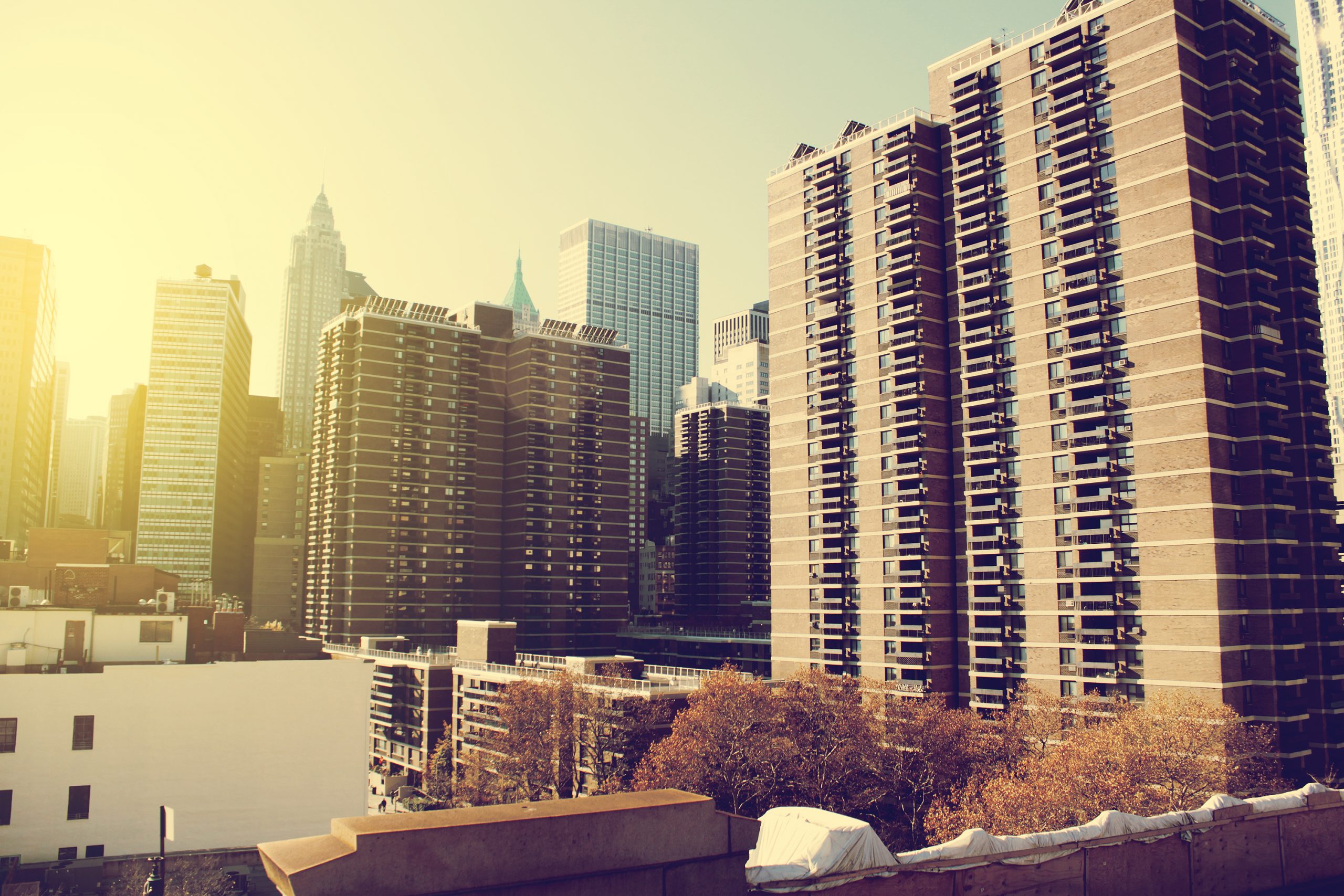
Local Law 97 is pertinent to large buildings, specifically those that meet or exceed 25,000 square feet. It also covers two or more buildings that are either in the same tax lot or owned by the same condo board that together exceed 50,000 square feet.
Once 2024 rolls around and the law goes into effect, buildings that are not compliant will face a fine of $268 per metric ton of carbon dioxide above the building’s limit. There are also local laws that are outside 97 but will still affect most co-ops and condos in terms of their facades, indoor allergens, and gas lines.
20-25% of the city’s buildings are likely to exceed their emissions in 2024 if no action is taken, with fines issued in 2025 if a building exceeds the limits or fails to report its energy use.
Changing the Homebuying Process
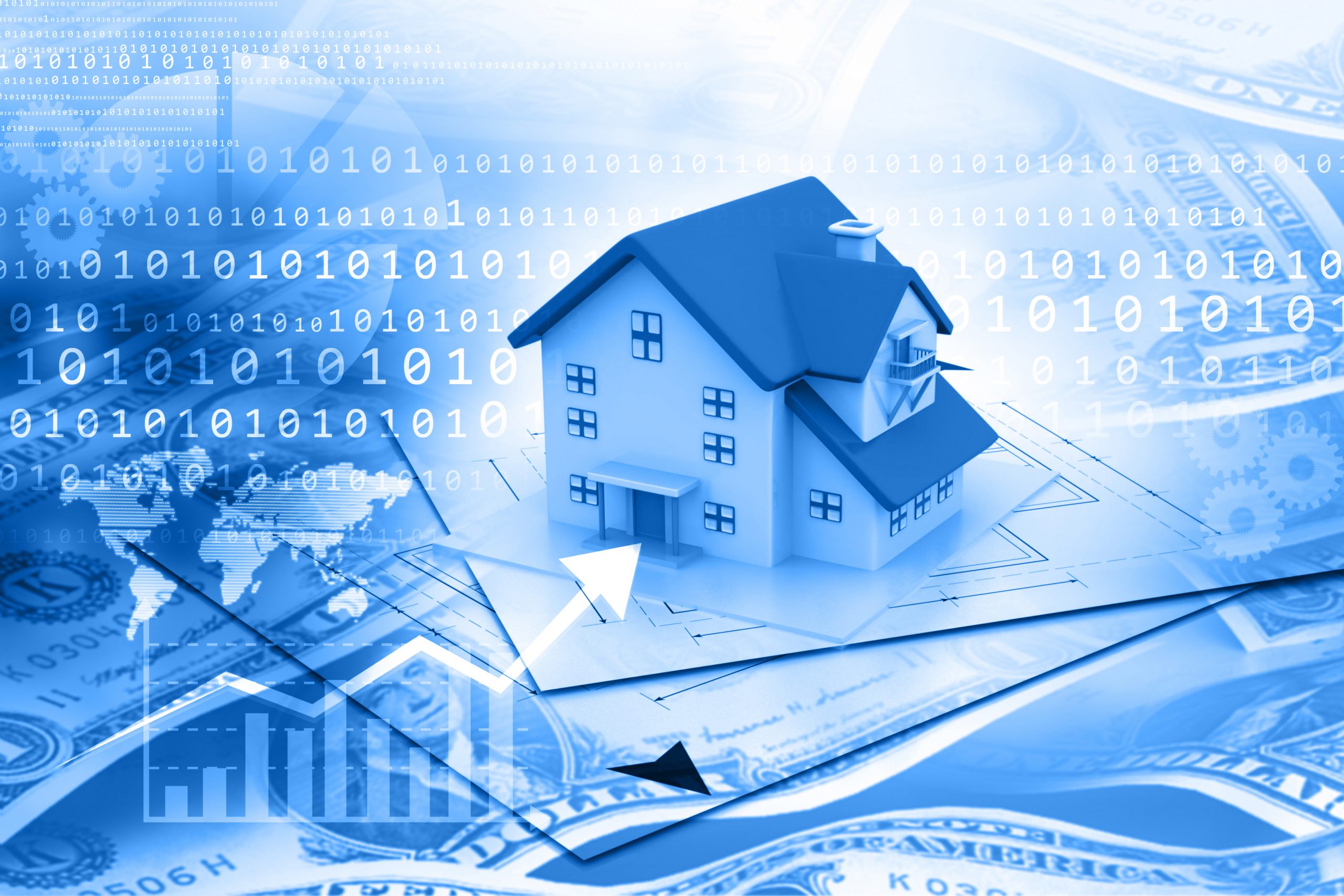
On top of fines to buildings, there are repercussions that ripple out from each building to its potential buyers, specifically when it comes to securing financing. Fannie Mae, a government-sponsored enterprise that backs most of the country’s mortgages alongside its fellow institution, Freddie Mac, is working in accordance with Local Law 97 to make sure the lending system helps enforce the new limitations. They’re doing this by tightening the rules around which lenders they buy loans from.
Fannie Mae isn’t willing to back loans for buildings that don’t have a line item in their operating budget for 10% funds reserved for dealing with Local Law 97. They also won’t tolerate noncompliance with their insurance requirements or any violations to necessary structural or mechanical repairs — you can think of the Florida condo tower collapse as a good example of why this is important. Fannie Mae is also trying to limit investor-owned units in each building, prescribing maximum thresholds based on the capacity of the property.
Take for example an outdated heating system. A co-op or condo building can now receive a fine for not repairing or replacing the system. But on top of that is the need for extra padding in the building’s collective capital reserve fund to replace the components. If there isn’t enough money to make the necessary repairs, then Fannie Mae won’t be willing to back the lender who loans to buyers in that building.
Today, Fannie Mae has a list of “unavailable buildings” that is likely to grow to thousands, which lenders need to pay attention to in order to get their loans backed. This could get in the way of many homebuyers’ financing plans.
Challenges Posed by Local Law 97
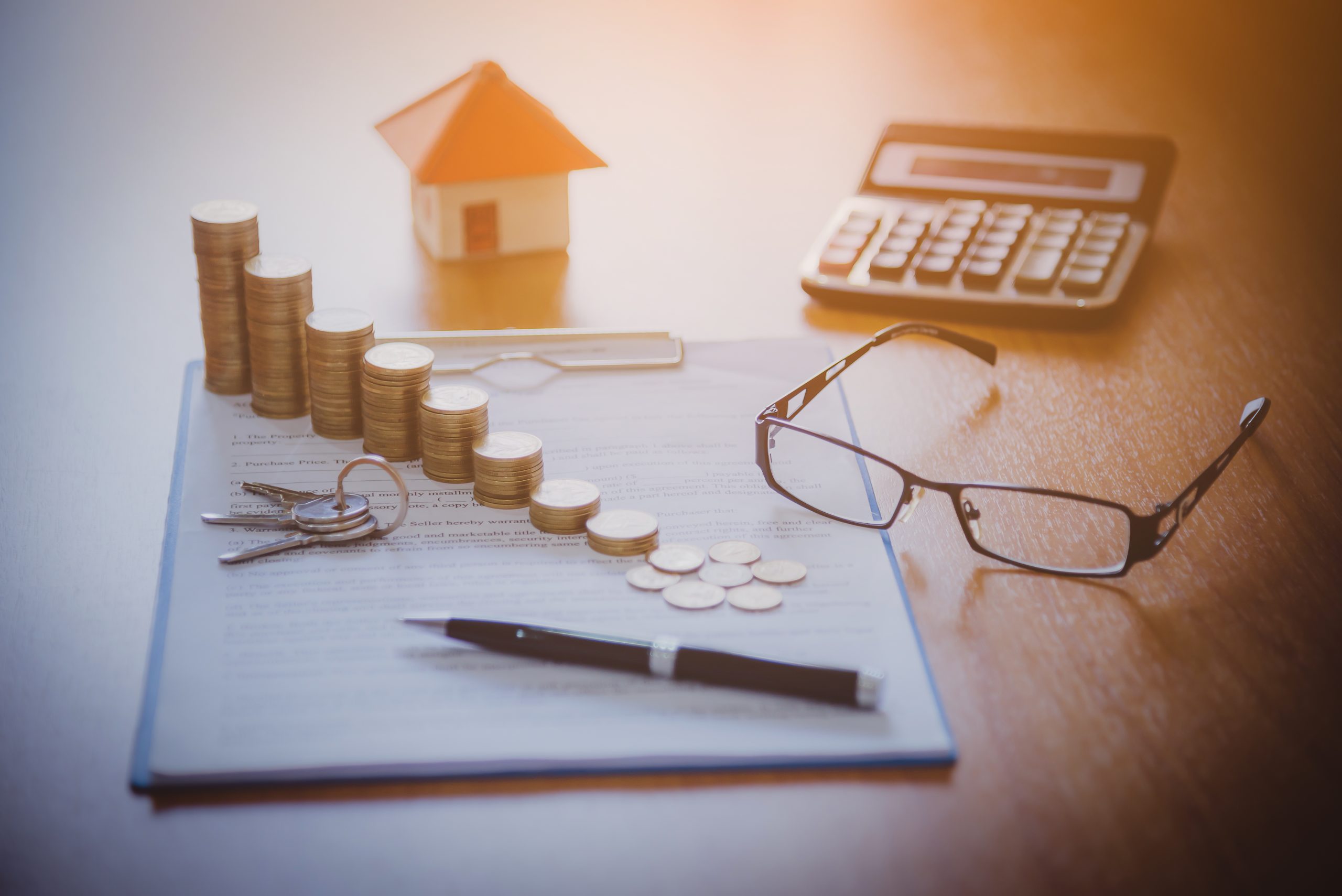
A Need for Higher Reserves
Most co-op and condo boards are doing audits and studies of their energy systems to figure out where they stand when it comes to Local Law 97, and what it will cost to get them there. Usually these studies result in a recommendation to build up the building’s capital reserve fund rather than increasing the monthly fees and charges owners have to pay. That means when your real estate attorney does their due diligence, they will be taking extra care when it comes to the building’s reserve in order to determine whether you’ll be asked to contribute a large amount upfront.
Fines for boards
This one’s pretty obvious, but a clear challenge posed by Local Law 97 are the fines it introduces to buildings that aren’t in compliance with the new regulations. Whether it’s due to something going unreported, or a system being in need of repair or replacement, your new building could be hit with a fine easily in the thousands. Make sure you know exactly what kind of risk you’re taking on when it comes to owning property in a large NYC building.
Lenders follow Fannie’s lead
Freddie Mac has issued similar announcements as Fannie Mae’s in regards to energy efficiency rules and standards, and that’s just the start for how Local Law 97 is going to impact NYC’s lending industry. Most other lenders tend to follow in Fannie and Freddie’s footsteps when it comes to who they lend to, because they want to risk as little as possible in their own side of the mortgage transaction. If you’re applying for a conforming loan to buy property in a building that’s unavailable to Fannie Mae backing, chances are you’re going to have a tougher time getting any lender to extend financing to you in general.
Benefits of Local Law 97
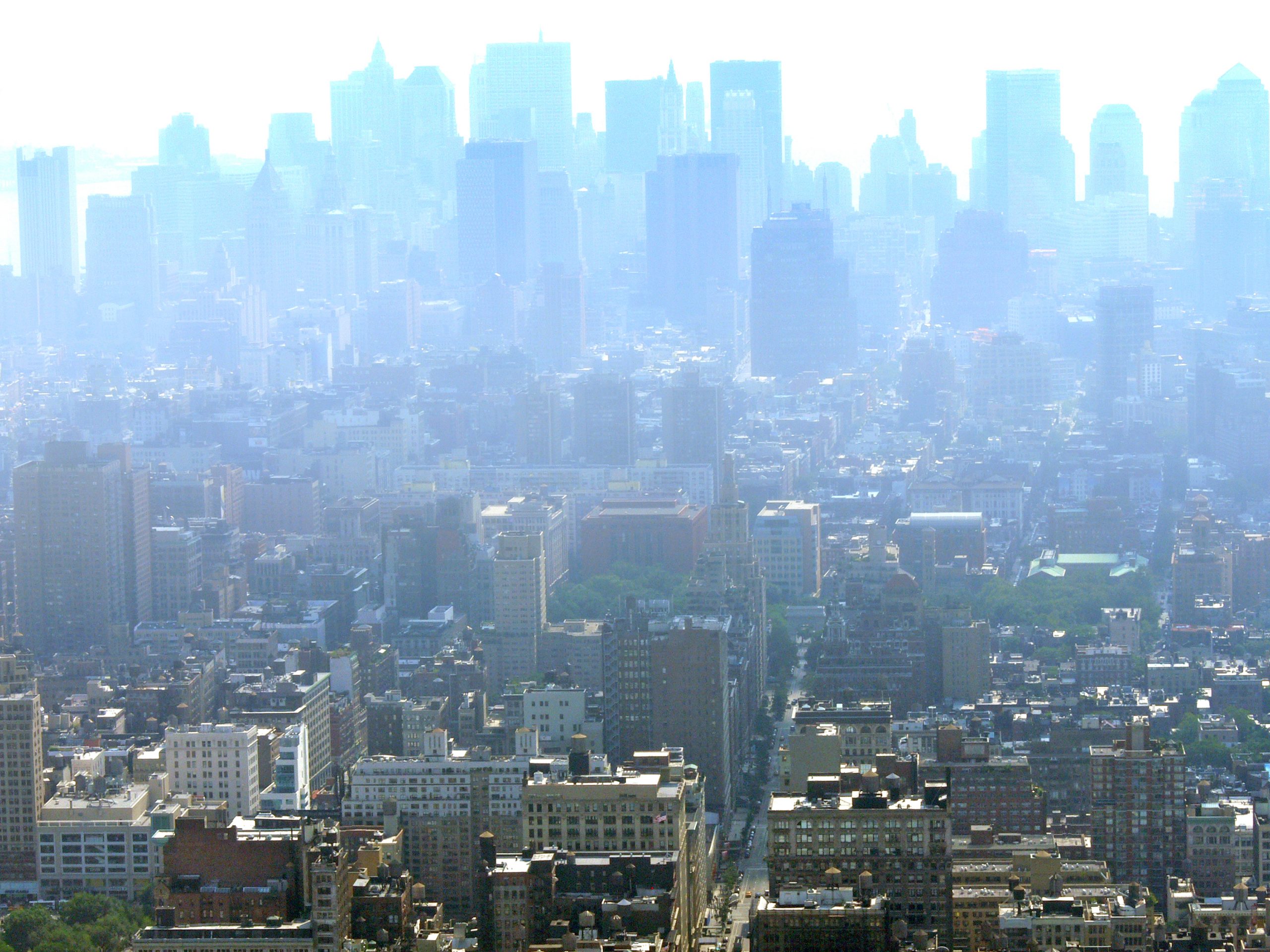
Curbing Emissions
Carbon caps are a popular, science and data-proven way to ease our negative impact on the planet and help curb the impacts of the climate crisis overall. By enforcing limits on greenhouse gas emissions, local governments are doing their part in making sure that we have a fighting chance at fighting climate change. Many countries like Sweden and Canada have used laws around carbon emissions to ease pollution and have found a major drop in their emissions and helped them reach urgent climate action targets, like the 2012 Kyoto protocol.
Greener buildings
The Urban Green Council expects a market opportunity of up to $24.3 billion for New York City by 2023 thanks to this new onslaught of retrofitting energy systems and needs. Local Law 97 is just one of the ways that the real estate industry is leaning into sustainability models wherever they can, from agents highlighting energy efficient systems on the market to developers finding the newest, most sustainable ways to build clean, green buildings. Since the industry generates so much carbon emissions, it’s only fair that everyone from its investors to its consumers are demanding more answers when it comes to sustainability.
Higher structural standards
The Florida tower collapse has taught the real estate industry a lot when it comes to making sure buildings are up to code and making repairs, renovations, or replacements whenever needed. Since that tragedy, Fannie Mae has put many new barriers in place for buildings that aren’t compliant with these common-sense safety rules, and Local Law 97 includes another expansion of that. To put it simply, making sure that buyers will live in safe, structurally solid buildings is in everyone’s best interest.
How To Plan Your Purchase Around Local Law 97
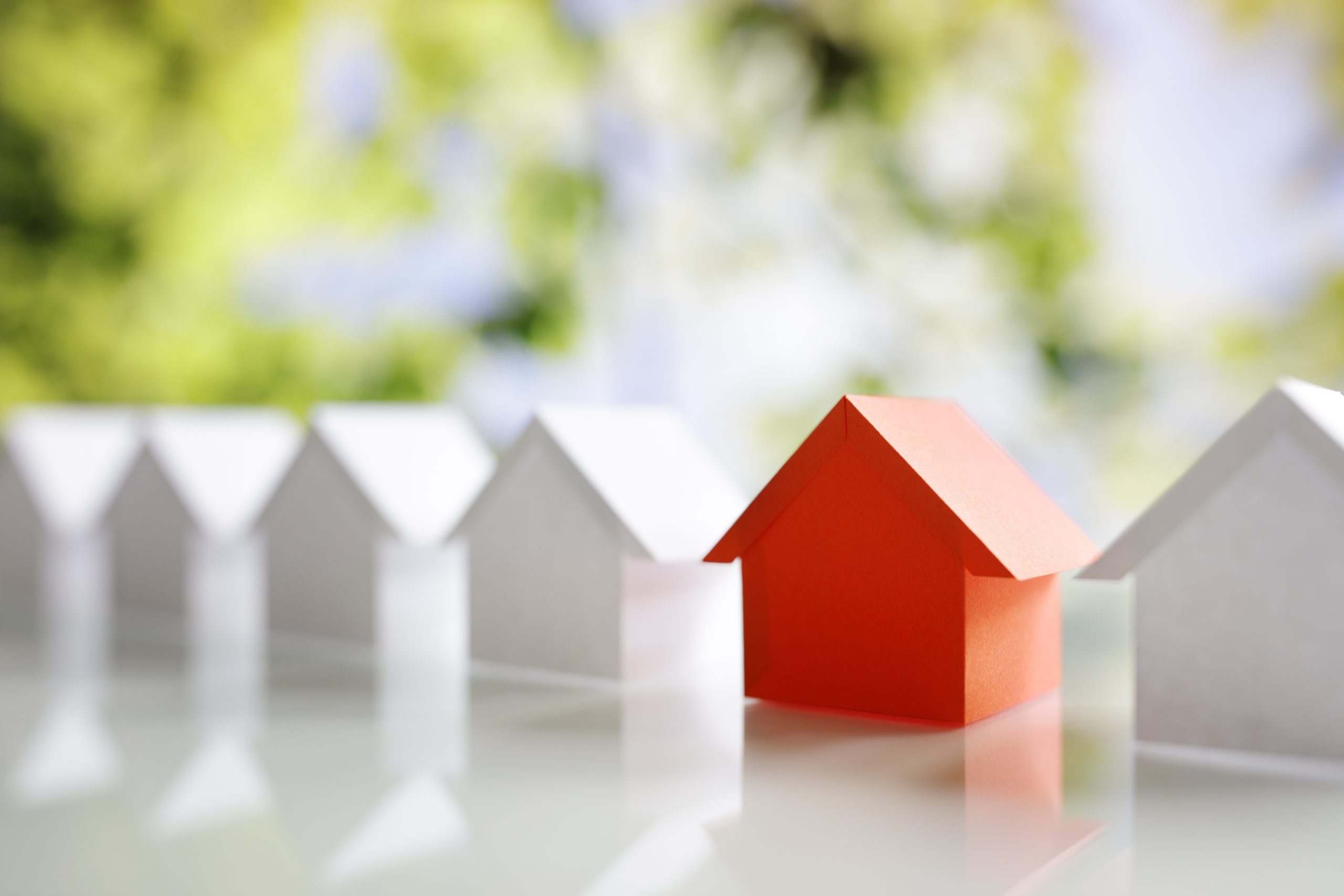
As a buyer, ensuring that your new development aligns with Local Law 97 requirements is vital to avoid penalties and contribute to the city’s sustainable future. Start by finding the right agent who is not just an expert in the market you’re looking in but fully familiarized with the pros, cons, and nuances of Local Law 97 and its impact on the real estate market. The NewDevRev team is just a phone call away and ready to answer any questions, concerns, or inquiries you have about finding a new development that complies with this new, groundbreaking law.
There are other things you can do for your own due diligence as a buyer, like:
Research Compliance
Request the building’s energy efficiency reports, emissions data, and any past or ongoing sustainability initiatives, especially if they’ve already performed an energy audit in advance of Local Law 97’s launch.
Evaluate Energy Efficiency
Pay close attention to the systems in the building you’re interested in — from the lights to the HVAC and insulation. Are they new, and more importantly, are they energy efficient? These are questions your agent can ask for you, and will be clear in your due diligence research as well.
Check for green certifications
Find out whether the building has ever achieved any certifications such as LEED (Leadership in Energy and Environmental Design) or ENERGY STAR. These demonstrate how committed the building’s board and designers are to energy efficiency — and consequently, Local Law 97.
Ask the Experts
In addition to the real estate experts at NewDevRev, see if there are any professionals in the world of green design and energy who would be able to provide consultation or advice. New York City has a number of energy consultants and sustainability experts who can assess the building’s energy usage and provide their advice on how to meet Local Law 97’s needs.
Review Board Bylaws
Take a fine-tooth comb to the condo or co-op board’s bylaws to understand how this building makes its decisions around energy efficiency and compliance with local laws. Are these decisions made behind closed doors, are they put to a vote, are they clearly defined and laid out? Being as informed as possible will help you choose the best (and most sustainable) home for you.
- Categories:
